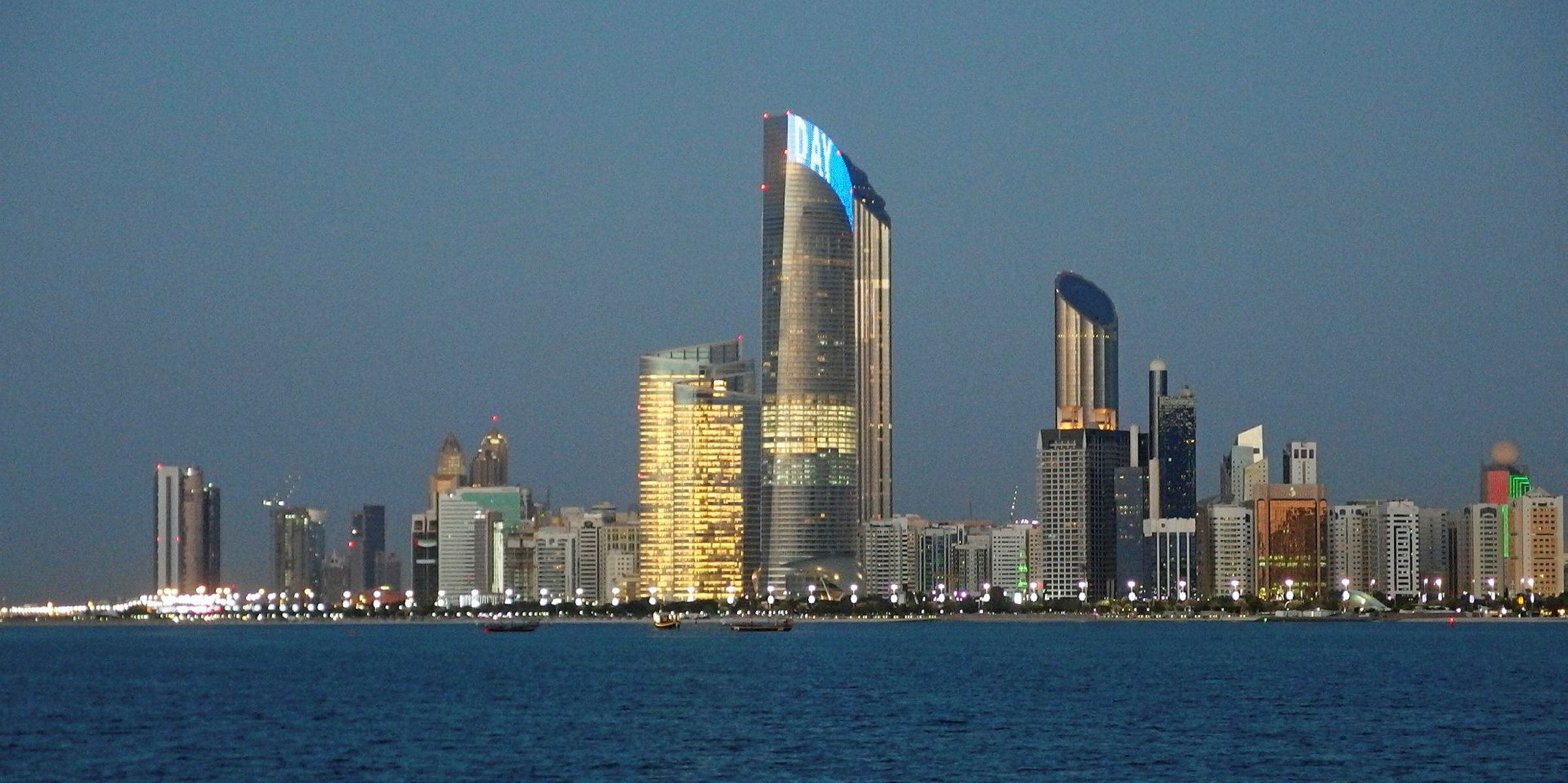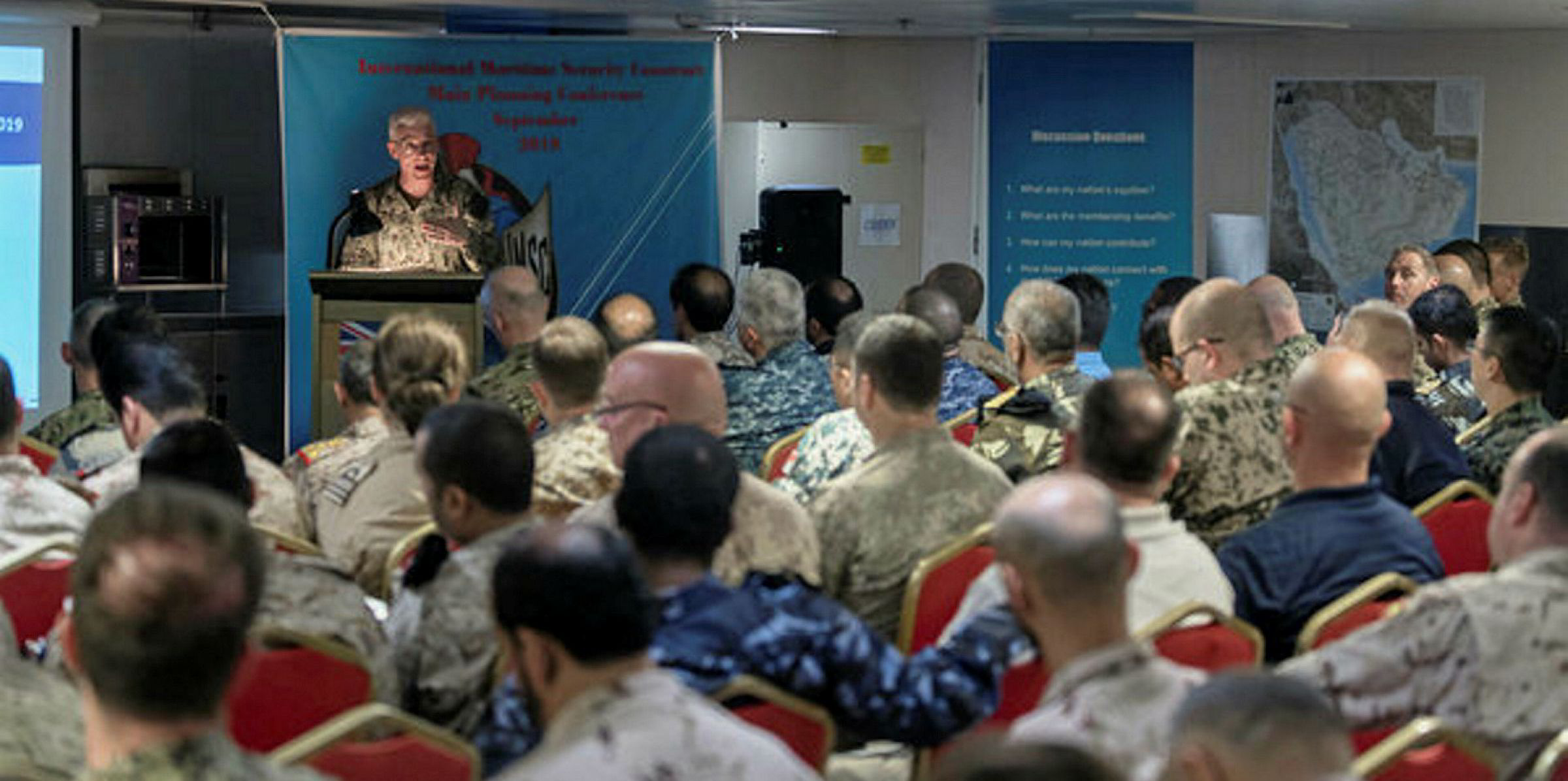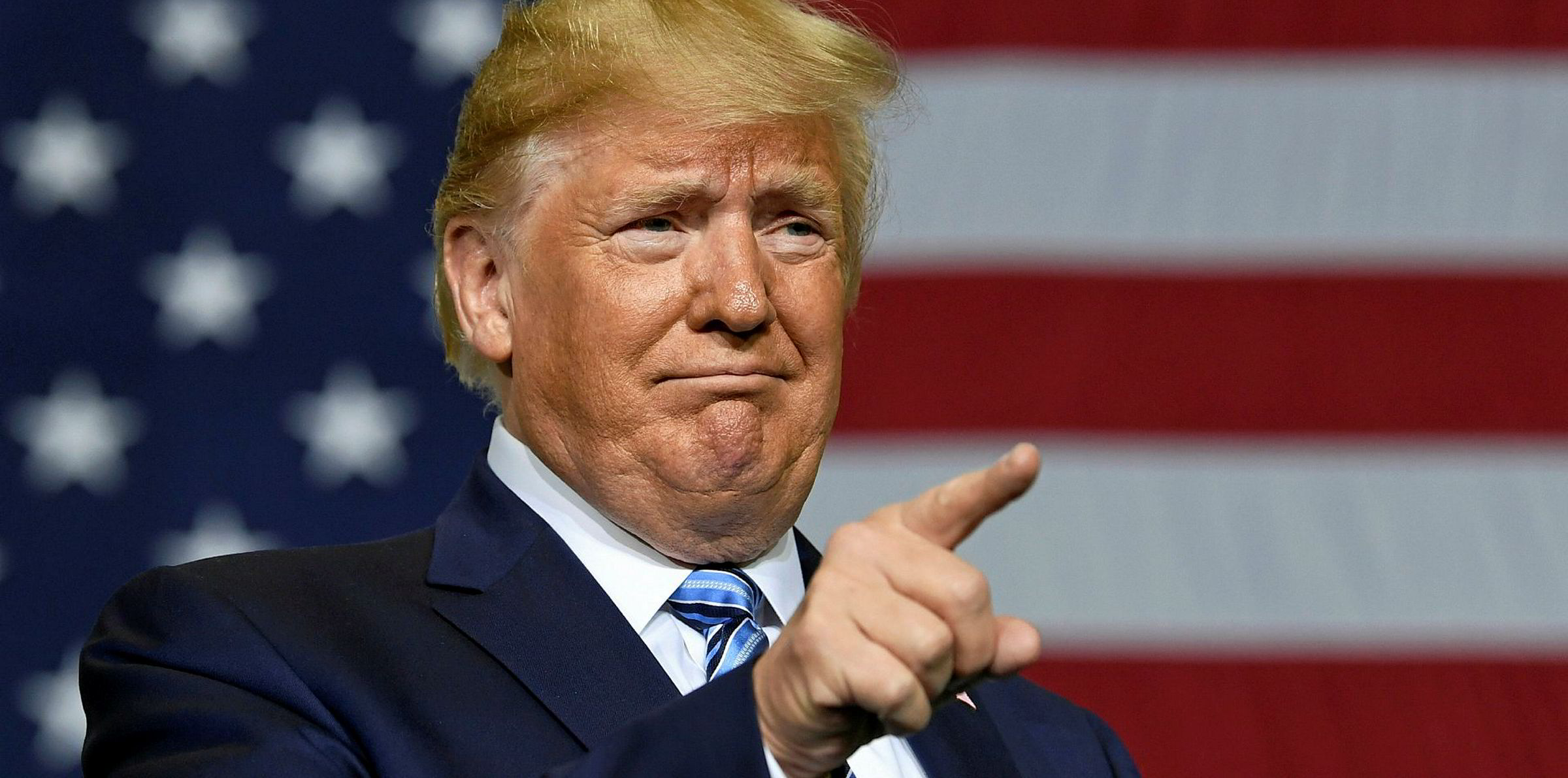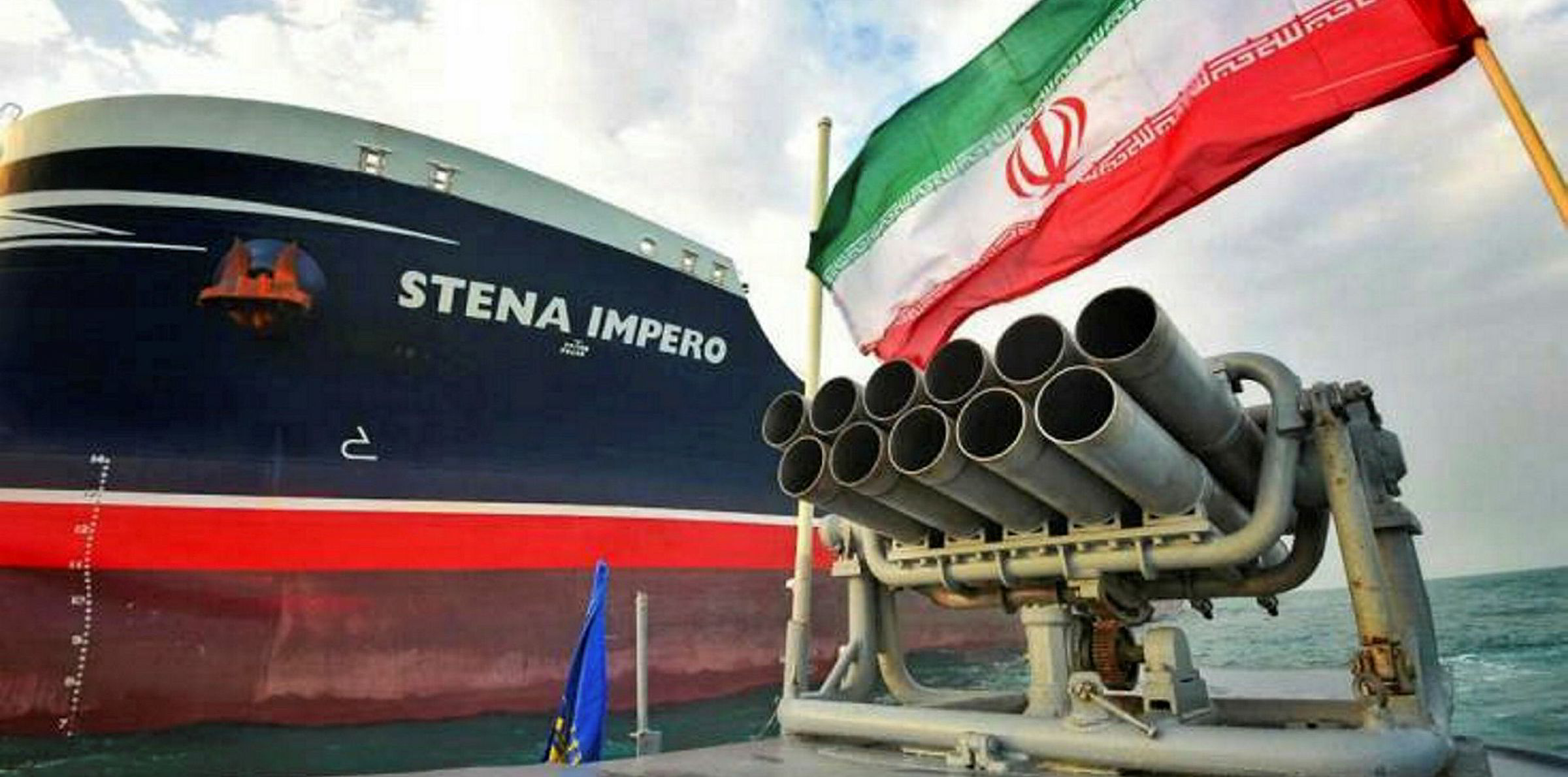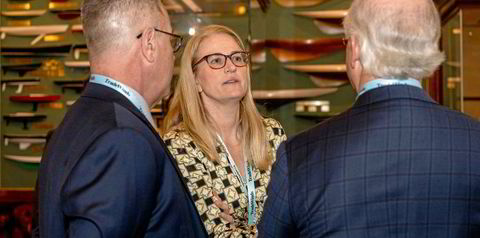The UAE has signed onto the US-led shipping defence coalition, while Australia has tempered its commitment.
Last week, the Middle East Gulf state announced it had joined the International Maritime Security Construct (IMSC), which aims to uphold freedom of navigation in and around the Strait of Hormuz.
The Emirati commitment "comes in support of regional and international efforts to deter threats to maritime navigation and global trade, and in order to secure the flow of energy supplies to the global economy and contribute to the maintenance of international peace and security," a statement from its Ministry of Foreign Affairs and International Cooperation read.
The UAE follows Saudi Arabia, which also joined last week in the wake of an attack on its Abqaiq oil refinery. The attack took the facility offline, cutting Saudi Arabian refining capacity by half and world capacity by 5%.
With the UAE and Saudi Arabia, the IMSC counts six members, with the US, UK, Australia and Bahrain previously committed.
It is unclear if any of the members will be participating in other military operations, as the US announced it would be deploying troops to the region "for air and missile defence" according to officials.
Australia has publicly declined, with Prime Minister Scott Morrison capping its involvement with the IMSC.
"There was an appreciation of our involvement in that particular operation which was I remind everyone is about freedom of navigation in the Straits of Hormuz. That’s what that is about. The other matters that are being pursued by the United States are matters that they’re pursuing," Morrison said, according to Reuters.
Germany and France have declined to join the coalition, though the US has held talks with France.
Japan considered joining but has reportedly backed off, choosing instead to send forces independently of the US coalition and only with Iran's consent, according to a report from Iranian news agency Mehr.
Japan's Prime Minister Shinzo Abe is set to meet with Iran's President Hassan Rouhani in New York during this week's United Nations General Assembly meeting reportedly to discuss stabilizing the region. The two had met previously on similar matters earlier this year.
The IMSC was first floated by the US in July, after attacks on tankers in the Strait of Hormuz — where a significant portion of the world's seaborne oil passes each day.
Since, tensions in the region have only escalated, with multiple tankers seized and the recent refinery attacks.
The US blames Iran for the recent instability in the region, purportedly carried out in retaliation for President Donald Trump pulling out of a multilateral 2015 deal that saw Iran modify its nuclear programme in exchange for lifting sanctions.
The US pulled out in 2018. Since, the Iranian economy has reportedly cratered, though the Islamic republic has ruled out any further talks.
